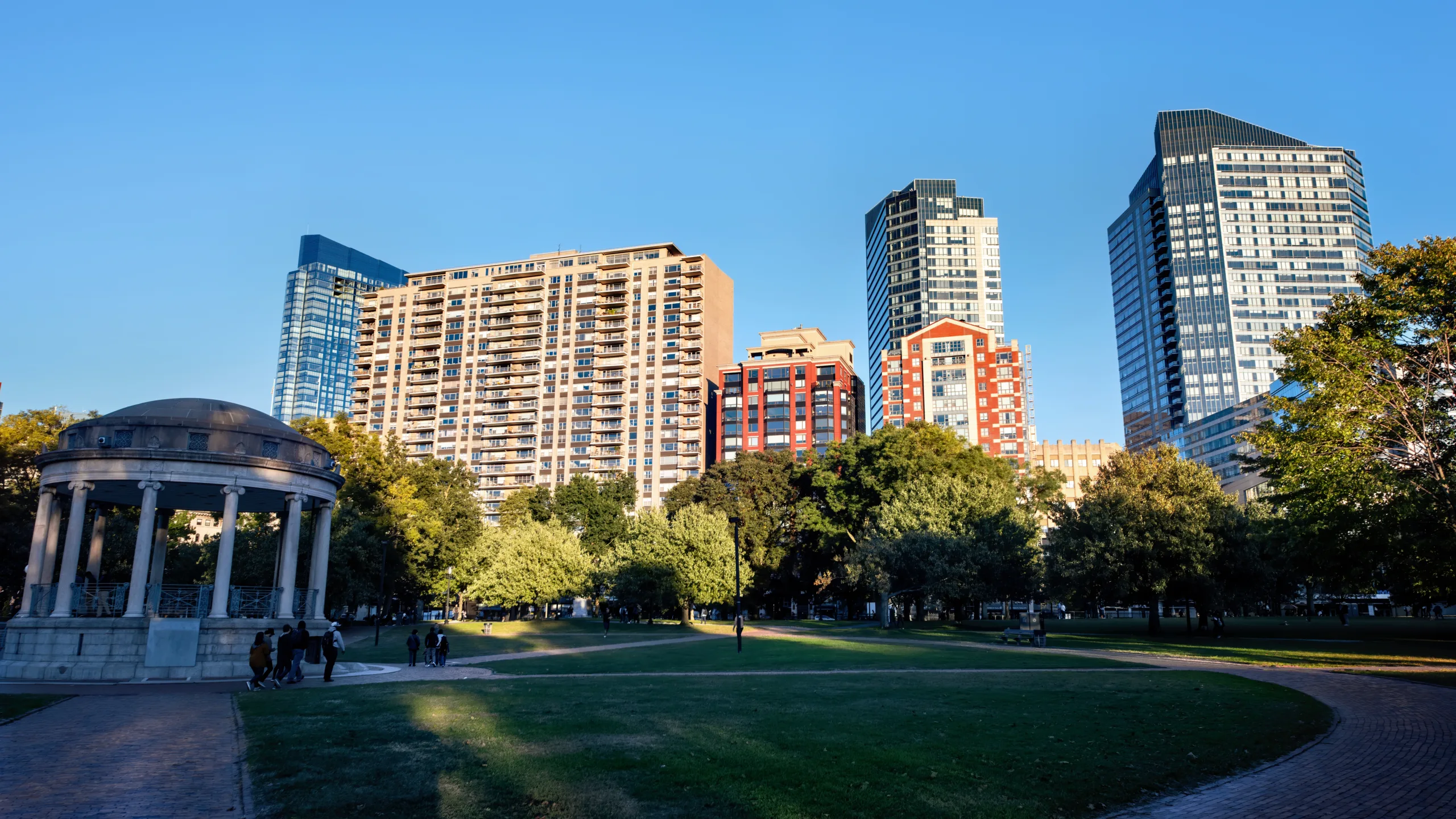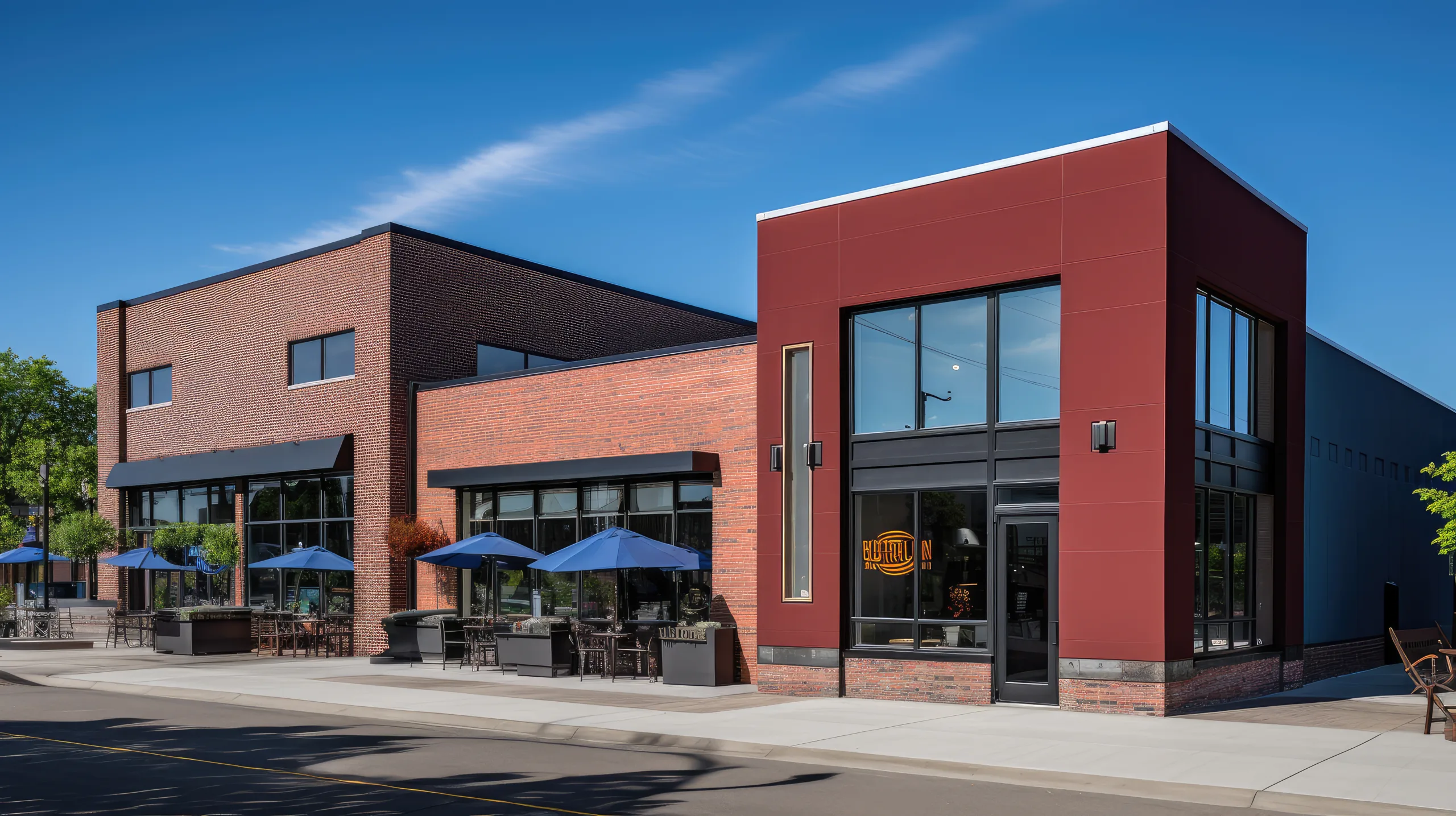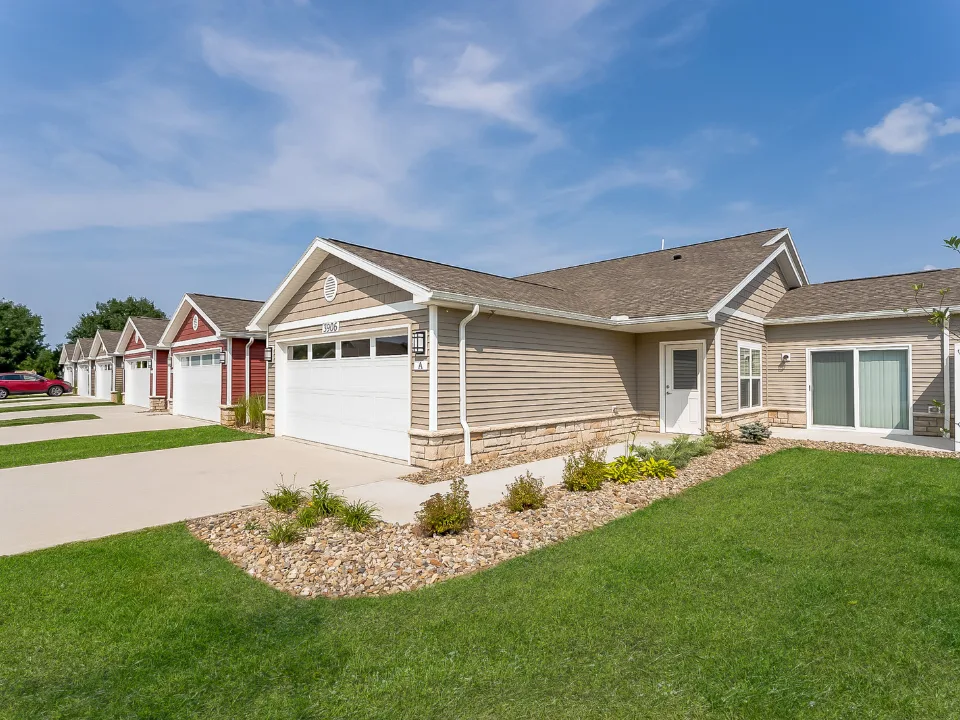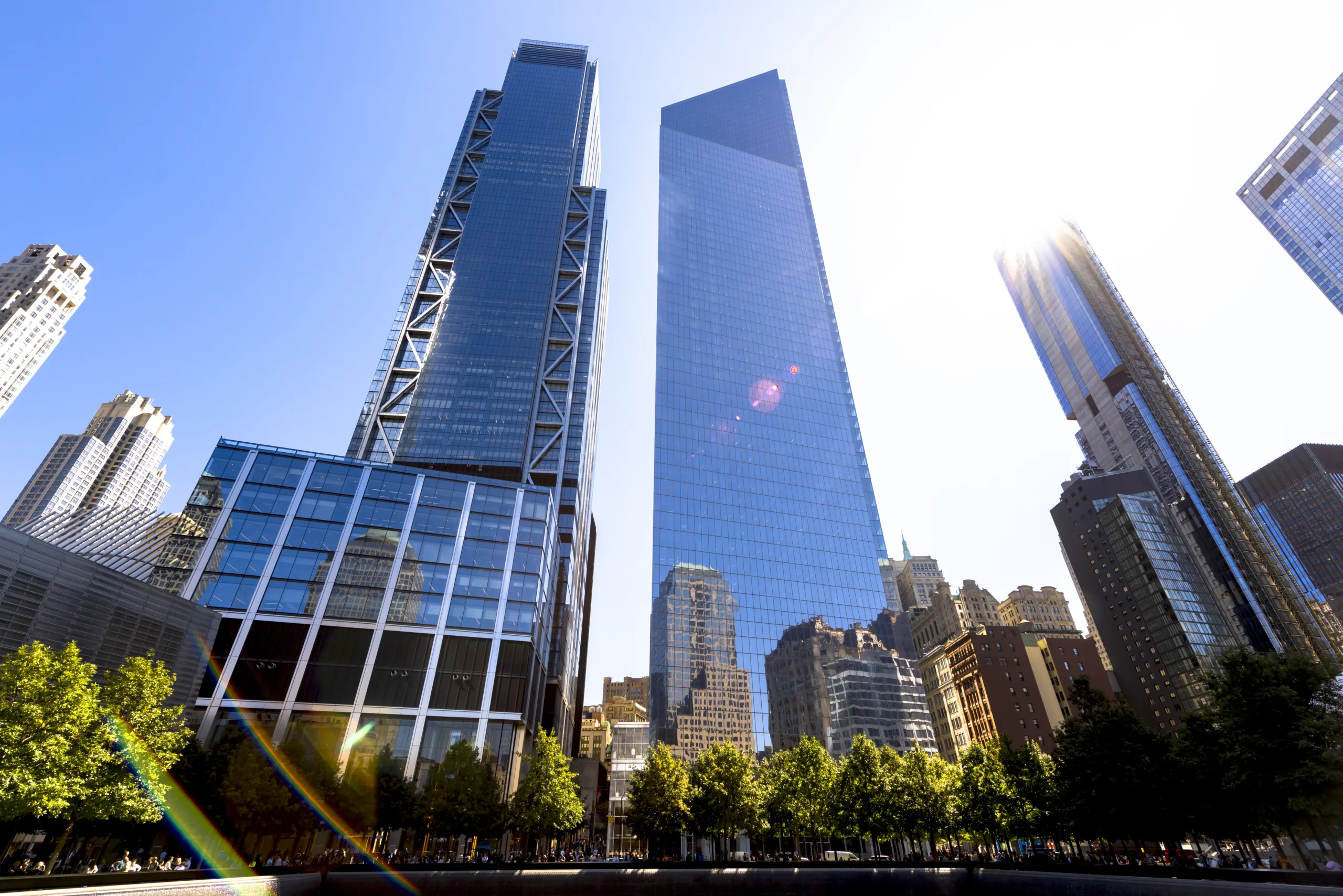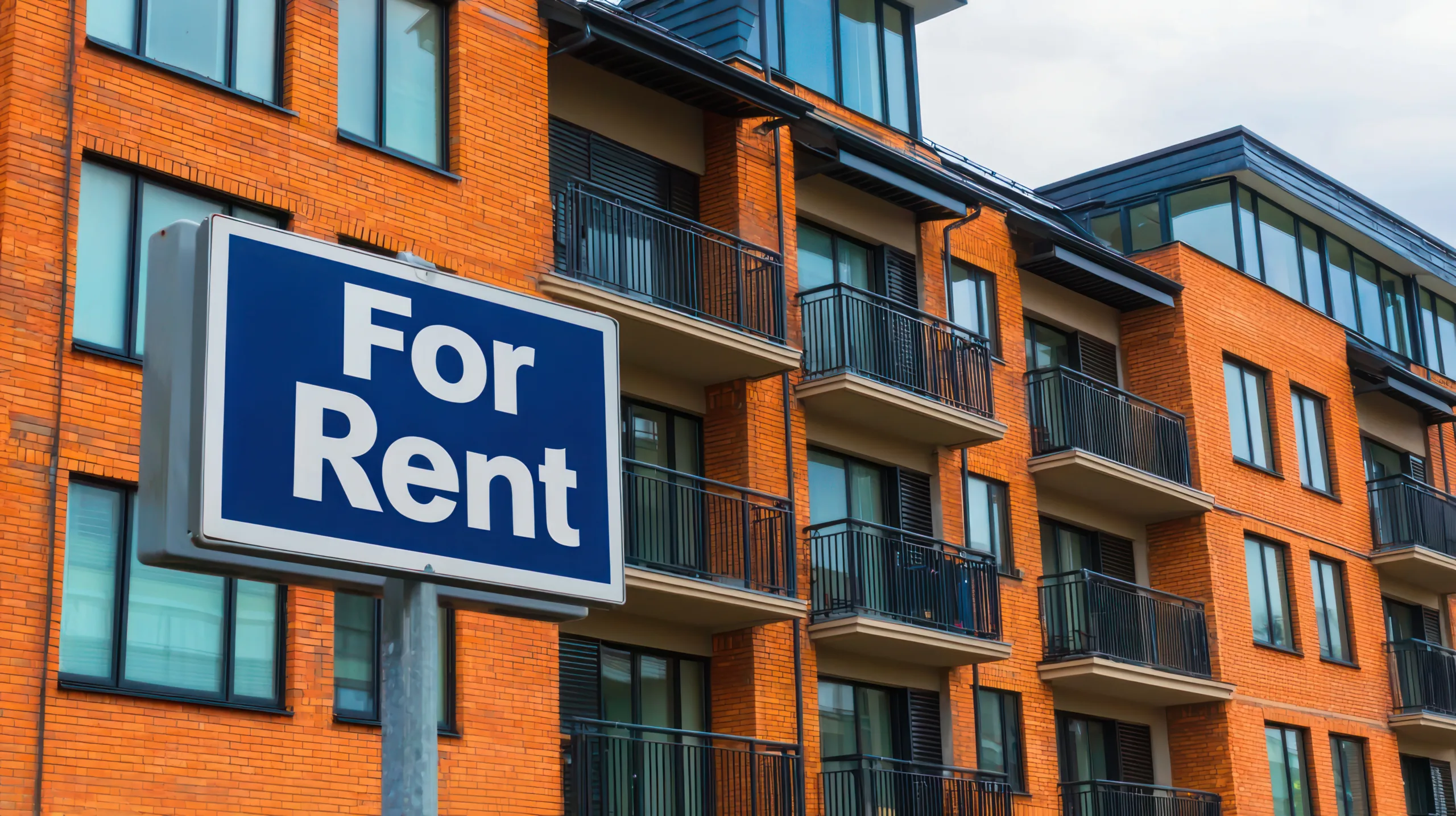In the midst of America’s deepening affordability crisis, a previously overlooked real estate segment is drawing significant investor attention: manufactured housing, also known as mobile homes. This sector, traditionally stigmatized, is now seen as a lucrative investment opportunity due to its high demand and limited supply.
A Surge in Popularity
Manufactured homes have seen a dramatic rise in interest, particularly post-pandemic, as more Americans seek affordable housing options. About 22 million people now live in these communities, with the U.S. Census Bureau reporting a notable increase in mobile home shipments in recent years. However, the construction of new projects lags significantly behind demand, largely due to zoning challenges and negative stereotypes.
The Stigma Barrier
Despite their potential, manufactured homes face significant hurdles, primarily due to long-standing misconceptions about their quality and the communities they form. Such biases have led to restrictive zoning laws and NIMBYism (Not In My Back Yard attitudes), as seen in cases from Alabama to Florida, severely limiting new developments.
Investor’s Paradise
This supply-demand imbalance creates a unique opportunity for investors. Real estate investment trusts, private equity firms, and other institutional groups are increasingly buying up mobile home parks. With a growing need for affordable housing, these investments offer promising returns. Interestingly, some of the nation’s top investors, including Warren Buffett, have been bullish on this sector for years.
The Challenges of Corporate Ownership
While institutional investment brings capital for improvements, it also raises concerns about rent hikes and potential displacement of residents. There’s a delicate balance between seeking profit and maintaining affordable housing standards.
The Road Ahead
The future looks promising for manufactured housing as an investment. Entities like Crow Holdings Capital are leading the way, developing new communities and adhering to fair rent practices. Fannie Mae and Freddie Mac’s commitment to financing solutions could further boost this sector. However, overcoming the stigma and zoning barriers remains crucial for the sustained growth of this promising segment.
